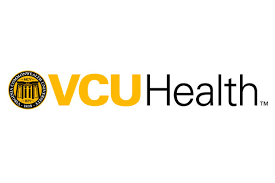
Innovation Sparks New Ideas at NORD’s Breakthrough Summit
Collaborative Voices across Rare Disorders Represented during the FDA Innovation Hub
Global Liver Institute’s (GLI) Program Director of Pediatric and Rare Liver Diseases, Kristin Hatcher, was honored as one of 41 rare disease patient advocates selected by the Reagan-UDall Foundation for the FDA to provide public comment on the newly launched FDA Rare Disease Innovation Hub on October 16, 2024. Representing GLI and rare disease patients, Kristin shared insights on the topic “Approaches the Rare Disease Innovation Hub should take for engaging patients, caregivers, industry, and academic organizations.” This opportunity allowed Kristin to advocate for a cause that GLI is deeply passionate about: the essential role of rare disease patients in the drug development process. Her comments were aligned with the “C” theme established by Dr. Peter Marks and the inspiring words of Dr. Terry Jo Bichell:
- Communication
- Collaboration that leads to co-creation
- Cutting confusion: Reviewers at every level should be following the same guidelines, particularly surrounding the use of alternative and confirmatory data.
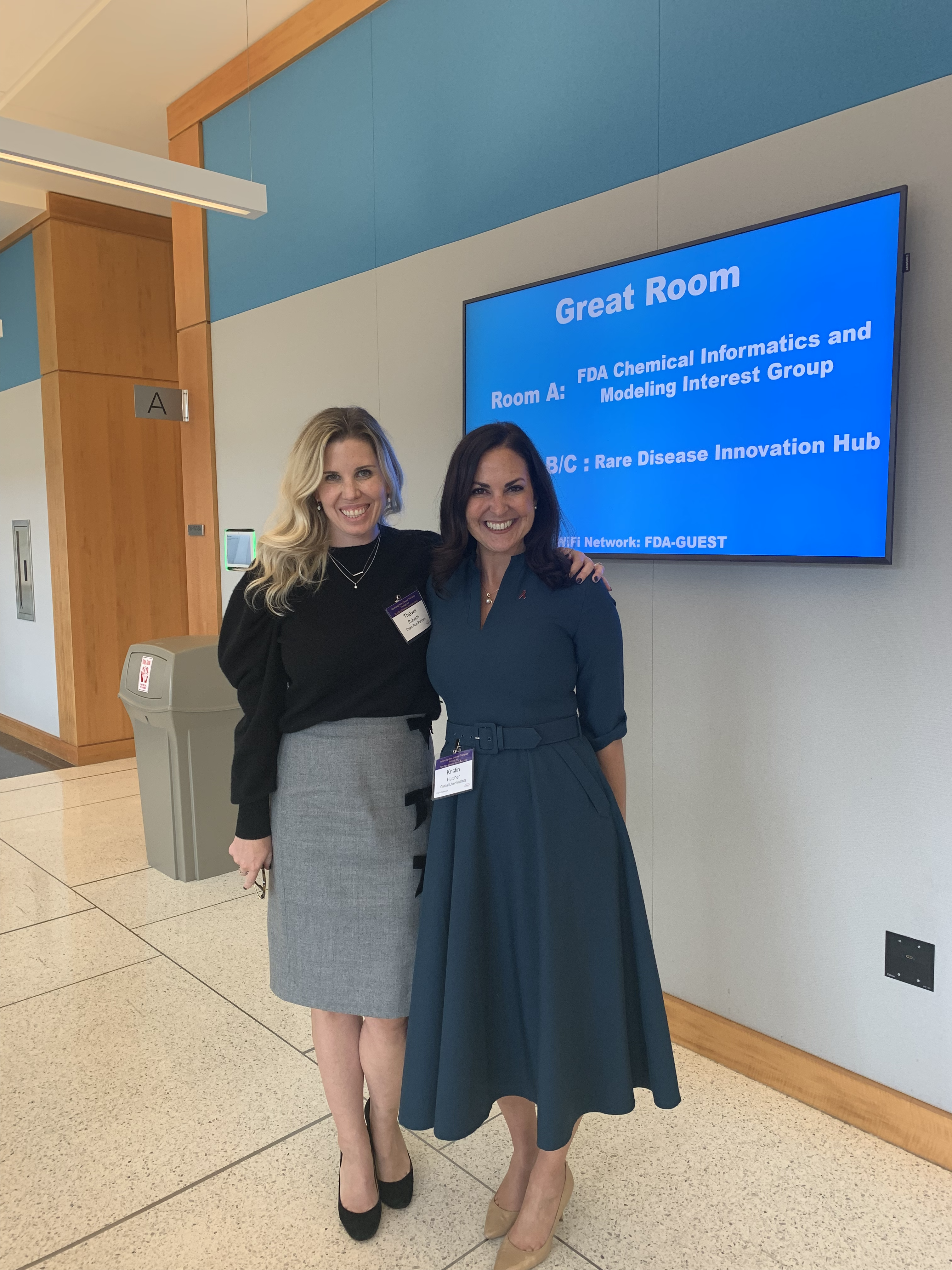
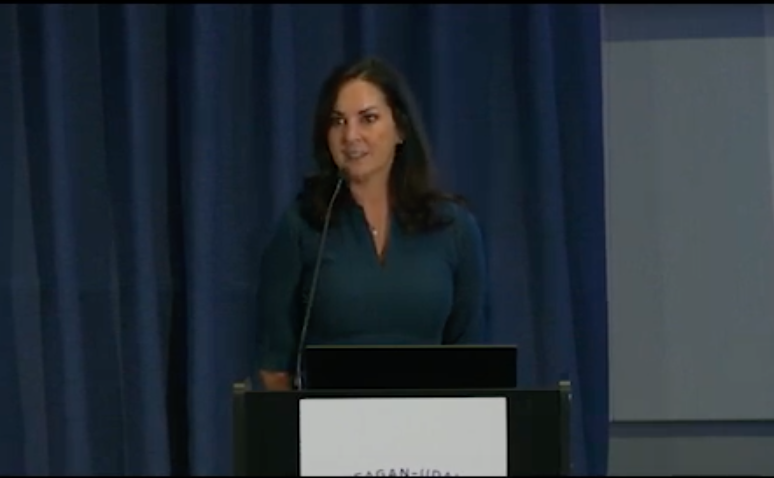
Innovation Sparks New Ideas at NORD’s Breakthrough Summit
On the tail of the FDA Hub meeting, Kristin Hatcher spent three days in Washington, D.C., at the NORD Breakthrough Summit to discuss equitable access to innovation. Kristin left invigorated by the NORD’s call to action: What can we do to break down barriers to access? It was amazing to see Global Liver Institute Council Member, Rhonda Rowland, President of the Wilson’s Disease Association. Kristin also met a fellow Hatcher, Emma Hatcher, from CSL Behring and discussed inequities in rare disease clinical trials and shared last names. The COMBINEDBrain collaboration that happened at NORD also rounded out an amazing experience, as we discussed how policies that affect the brain seem to be the same policies that affect the liver.
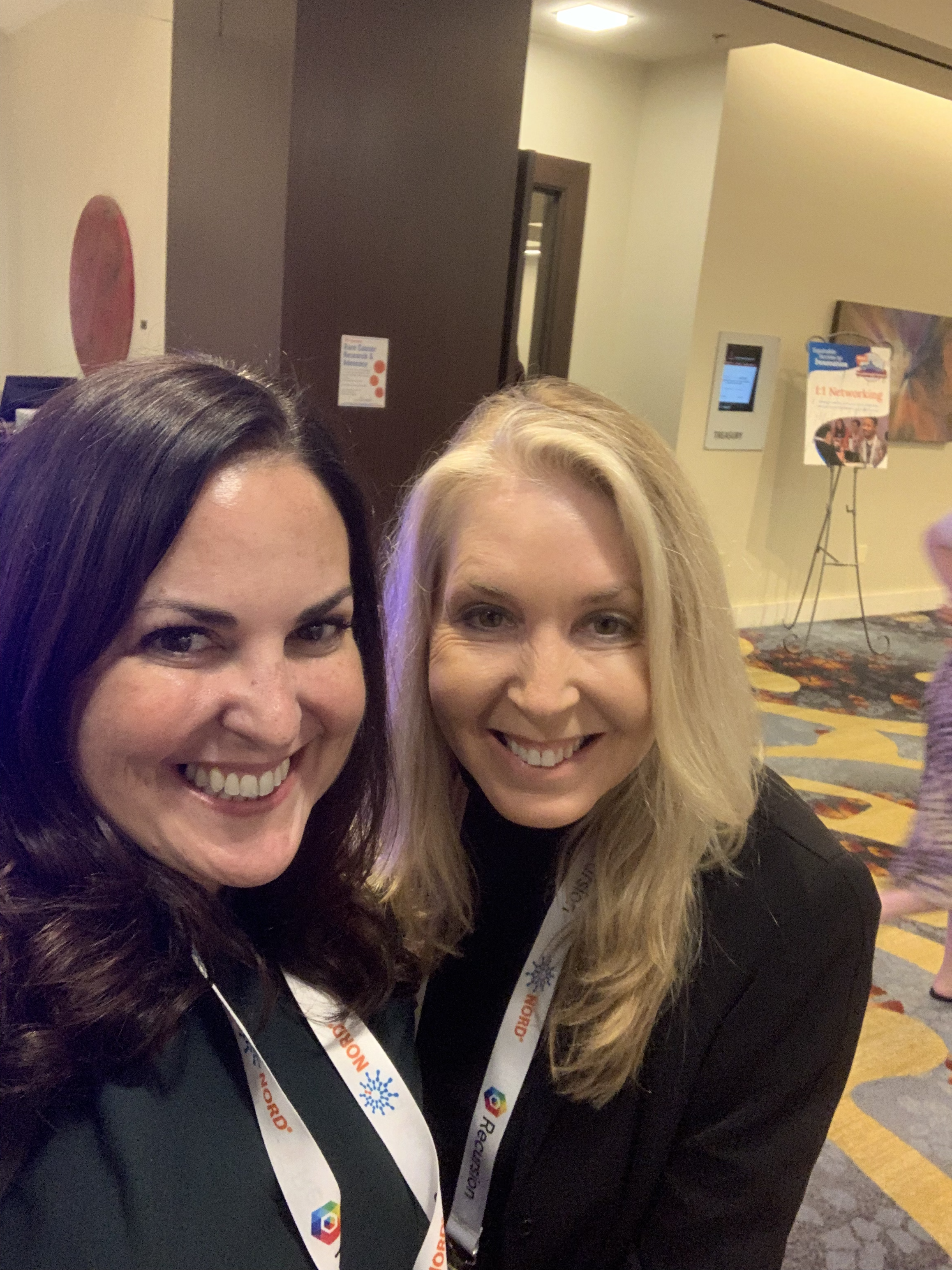
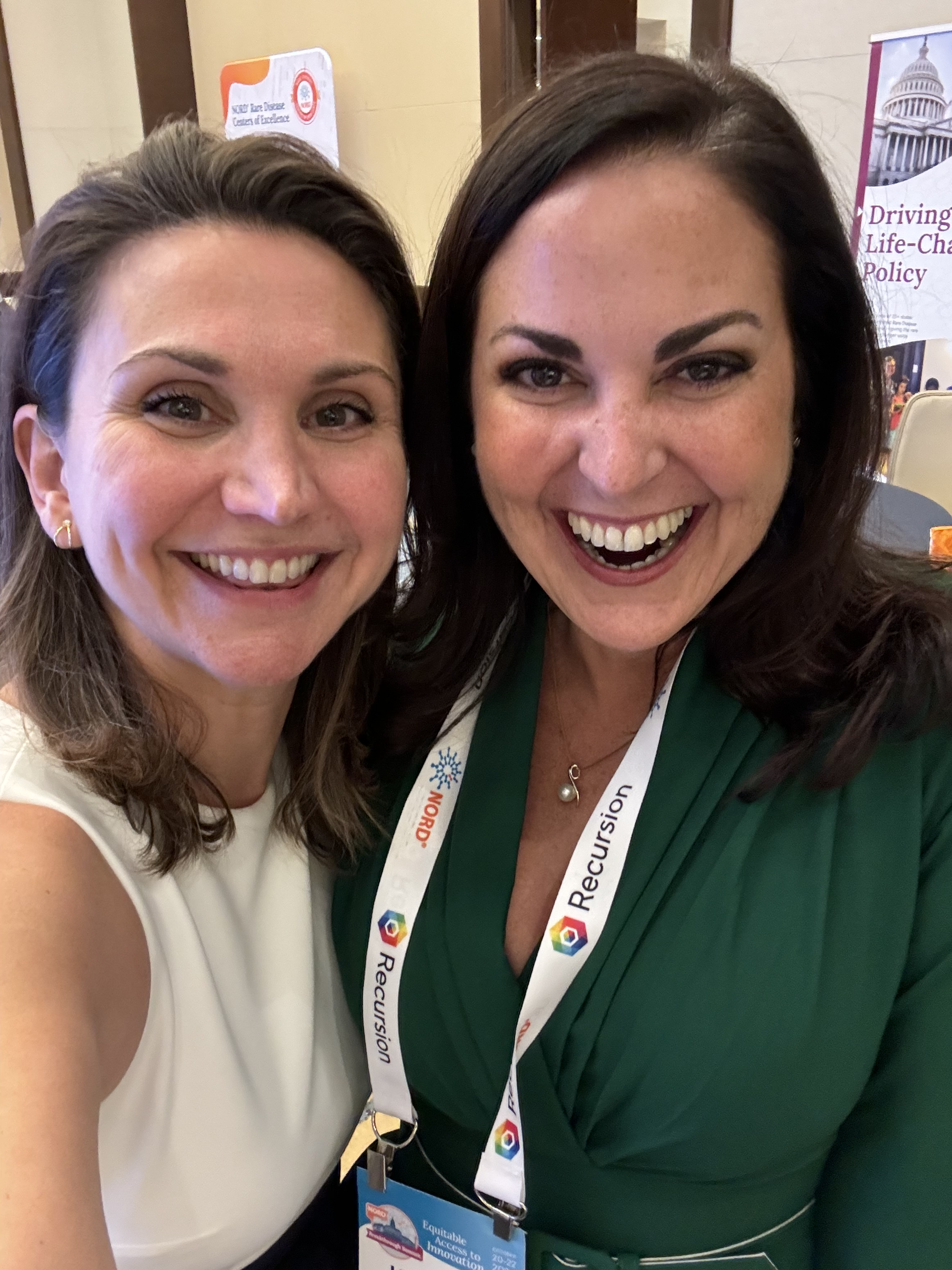
What the OCA Decision Delay May Mean for PBC Patients
Recently, obeticholic acid (Ocaliva, OCA) experienced a delay in the FDA’s post-marketing approval decision, reflected in the postponement of the Prescription Drug User Fee Act (PDUFA) date. While this may raise some questions for patients with primary biliary cholangitis (PBC), there is a positive aspect to consider. For PBC patients, this delay indicates that the FDA is taking the necessary time to thoroughly evaluate OCA’s impact. Although the initial trial outcomes may not have fully aligned with expectations, this extended review could uncover insights that benefit patients in the future.
This situation highlights the commitment to patient safety and the importance of careful consideration before approval. Regardless of the decision, it emphasizes the ongoing need for innovation in PBC therapies and encourages continued conversations about effective treatment options. In the meantime, it is important to keep in mind that OCA is still available to patients who currently benefit from this drug.
Strengthening PSC Data as VCU Joins PSC Partners’ WIND-PSC Initiative
Virginia Commonwealth University (VCU) has been selected as one of only three U.S. sites—and the only one in the Mid-Atlantic—to participate in PSC Partners’ Worldwide Initiative for New Drug Development in PSC (WIND-PSC). This collaboration represents a significant advancement in the search for treatments for primary sclerosing cholangitis (PSC), a rare liver disease with no current cure.
PSC Partners, a member of our Pediatric and Rare Liver Diseases Council, is making tremendous progress in the critical area of data collection. VCU is looking to contribute over 100 patients to the global goal of 2,000, helping to gather essential data on PSC’s progression. This effort will accelerate the development of treatments and improve care for those affected by PSC.
Wave Life Sciences Breaks Ground in Treating Alpha-1 Antitrypsin Deficiency
Wave Life Sciences has achieved a milestone with recent data from the Phase 1b/2a RestorAATion-2 study of WVE-006 for alpha-1 antitrypsin deficiency (AATD). This development marks an achievement as the first RNA editing therapy demonstrated to be effective in humans – a huge step in innovative treatment for patients with AATD.
AATD affects how the body produces a crucial protein called alpha-1 antitrypsin (AAT), which protects the lungs and liver from damage. In this study, a single subcutaneous dose of WVE-006 led to significant increases in healthy AAT protein levels in patients with the homozygous “ZZ” type of AATD. This means that the treatment successfully helped these patients produce the protein they desperately need. Additionally, the results suggest that this therapy could restore at least 50% of the healthy AAT protein in patients with the “MZ” type, who also have some level of AAT deficiency. This therapy could potentially help patients avoid serious health complications that might require liver or lung transplants in the future.
Upcoming Events
- November 6-9, 2024: NASPGHAN Annual Meeting – Hollywood, FL, USA
- November 15-19, 2024: AASLD The Liver Meeting 2024 – San Diego, CA, USA
- Email us at info@globalliver.org to set up a meeting or visit Booth #846
For more information about the Pediatric and Rare Liver Diseases Council or to learn more about joining, please visit our webpage or email pedsrare@globalliver.org.

